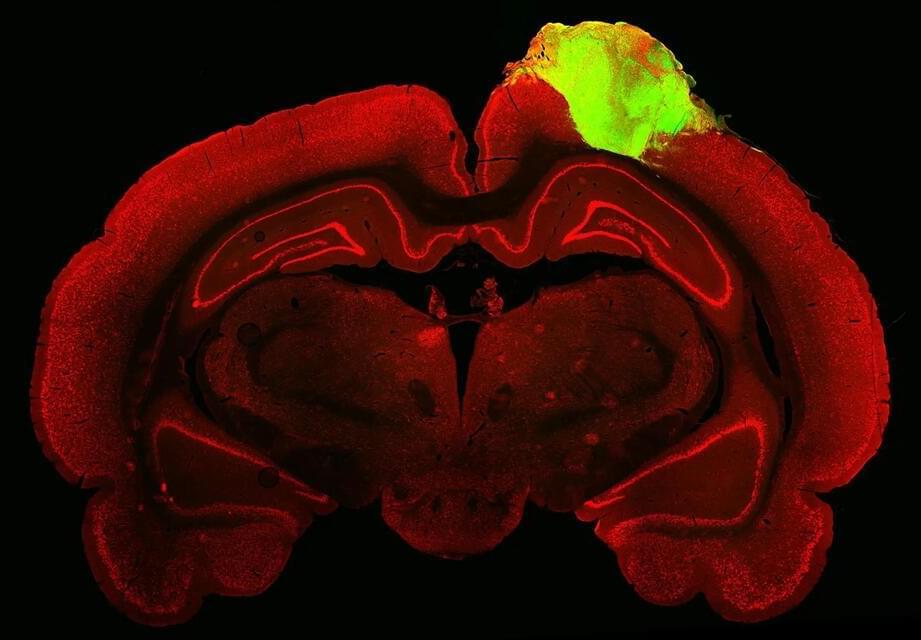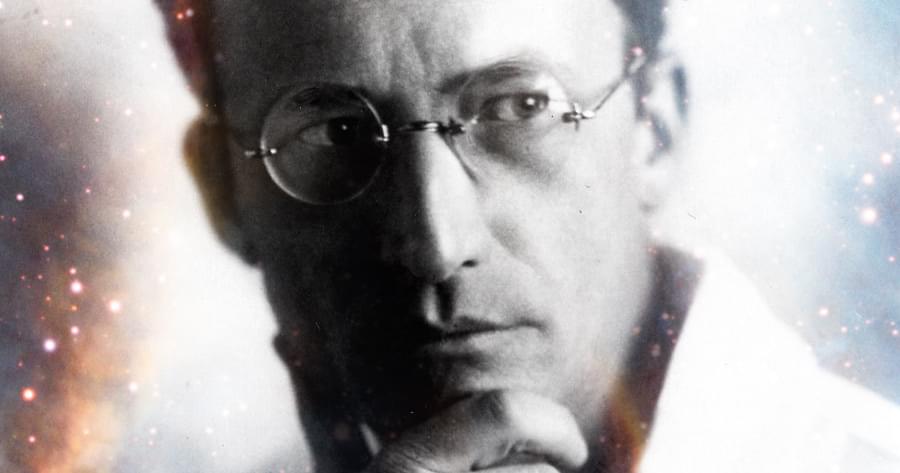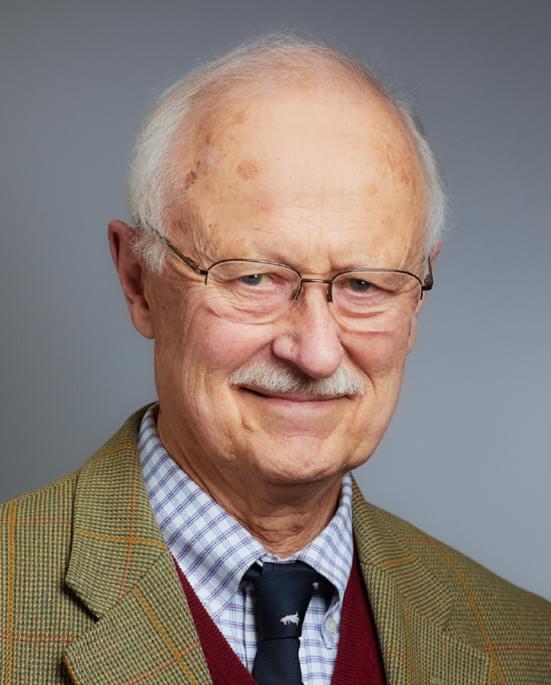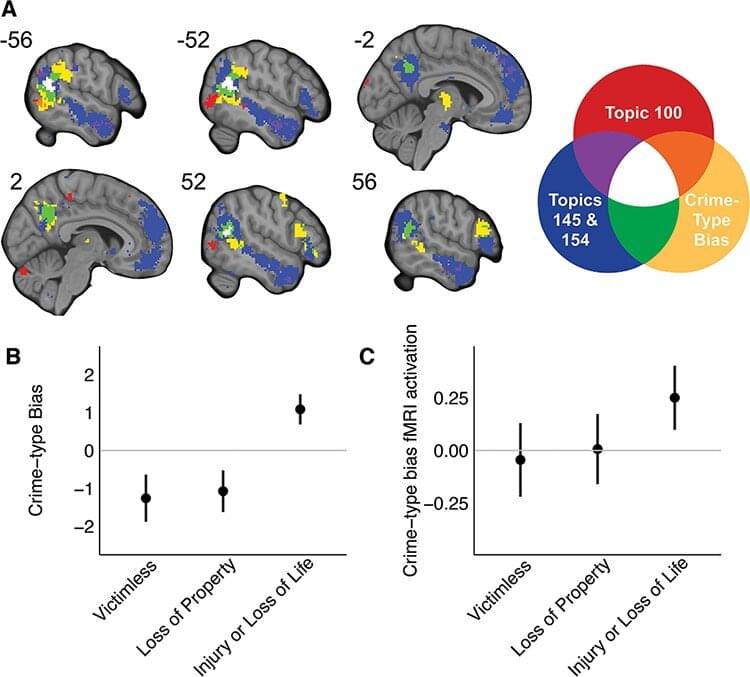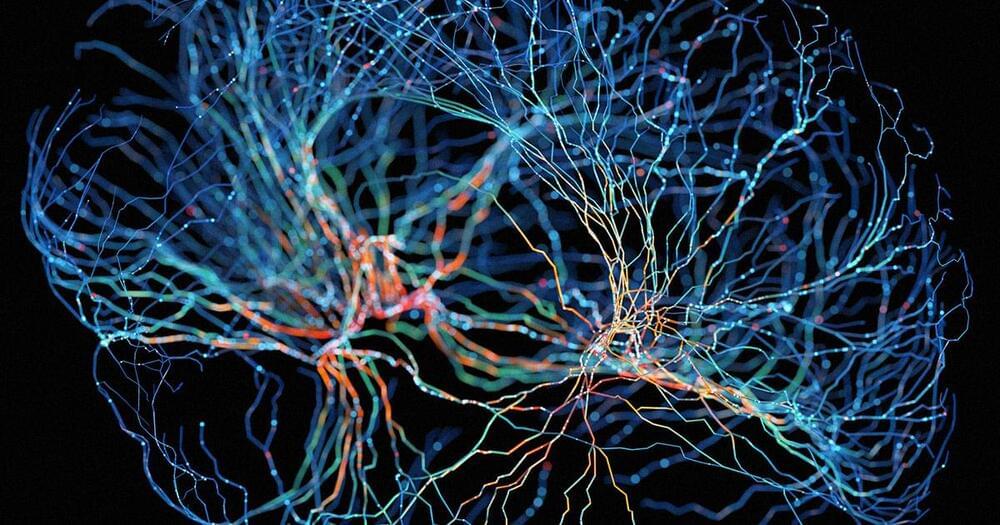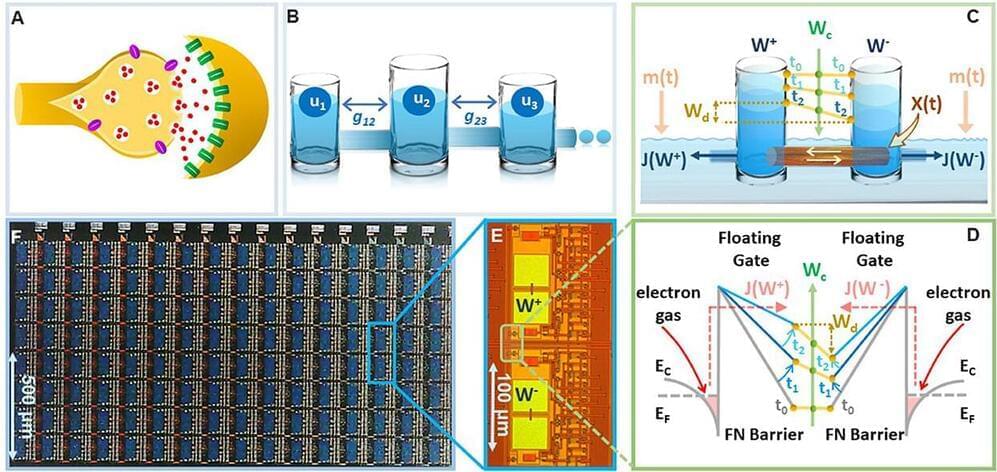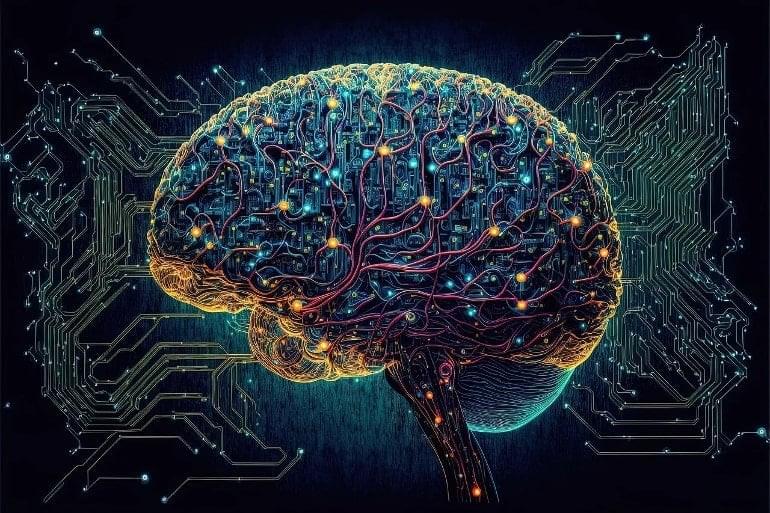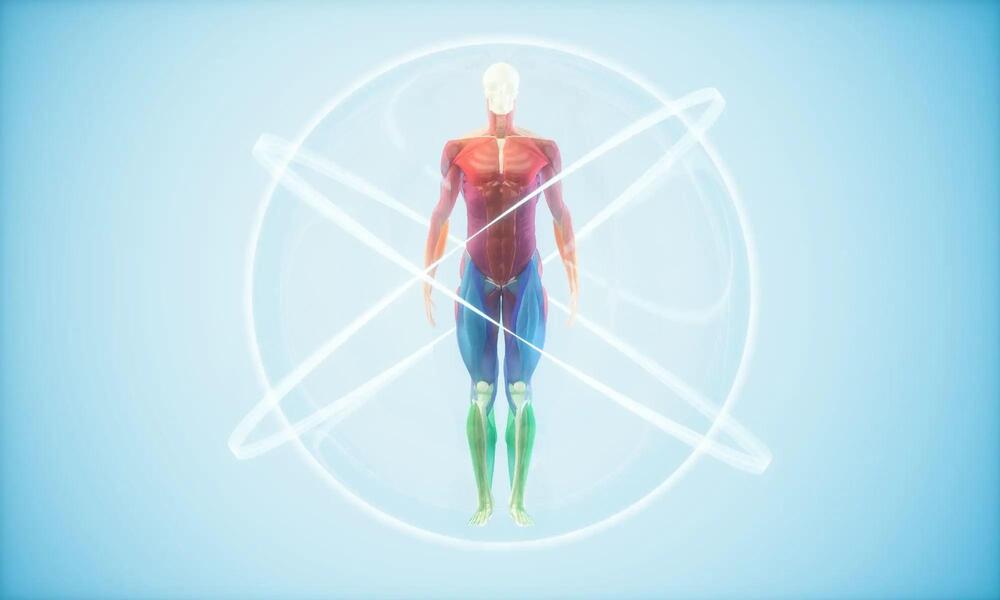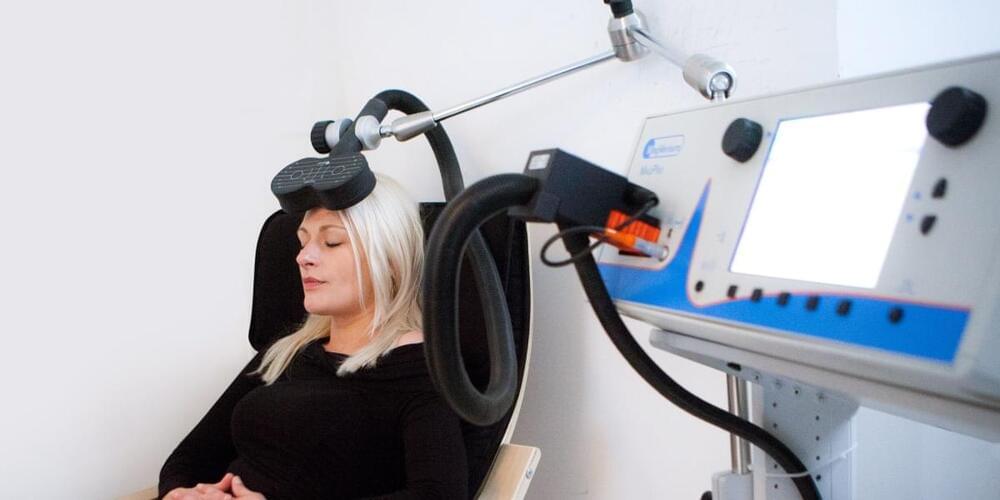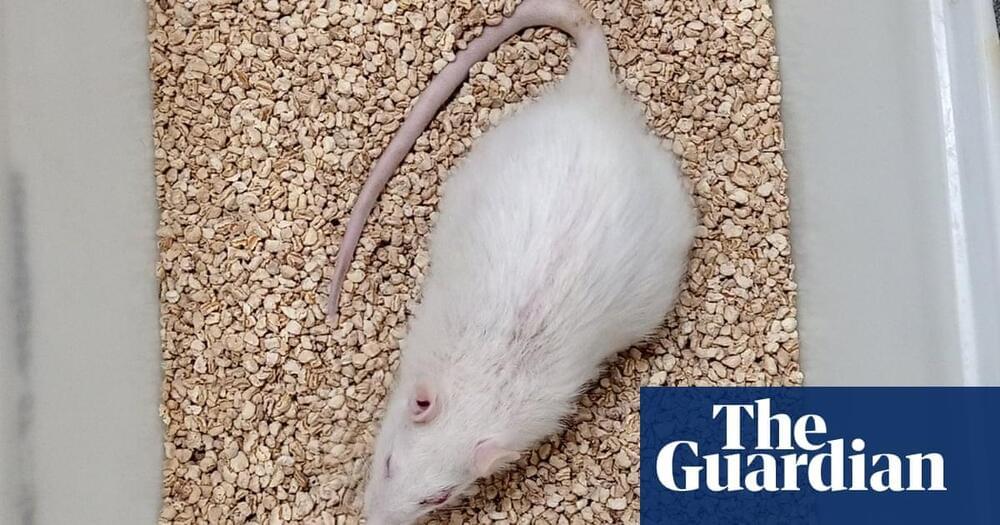Feb 11, 2023
Scientists Transplant Human Brain Organoids Into Adult Rats — And They Respond to Visual Stimuli
Posted by Genevieve Klien in categories: biotech/medical, neuroscience
In a study published in the journal Cell Stem Cell on February 2, researchers show that brain organoids—clumps of lab-grown neurons—can integrate with rat brains and respond to visual stimulation like flashing lights.
Decades of research has shown that we can transplant individual human and rodent neurons into rodent brains, and, more recently, it has been demonstrated that human brain organoids can integrate with developing rodent brains. However, whether these organoid grafts can functionally integrate with the visual system of injured adult brains has yet to be explored.
“We focused on not just transplanting individual cells, but actually transplanting tissue,” says senior author H. Isaac Chen, a physician and Assistant Professor of Neurosurgery at the University of Pennsylvania. “Brain organoids have architecture; they have structure that resembles the brain. We were able to look at individual neurons within this structure to gain a deeper understanding of the integration of transplanted organoids.”
